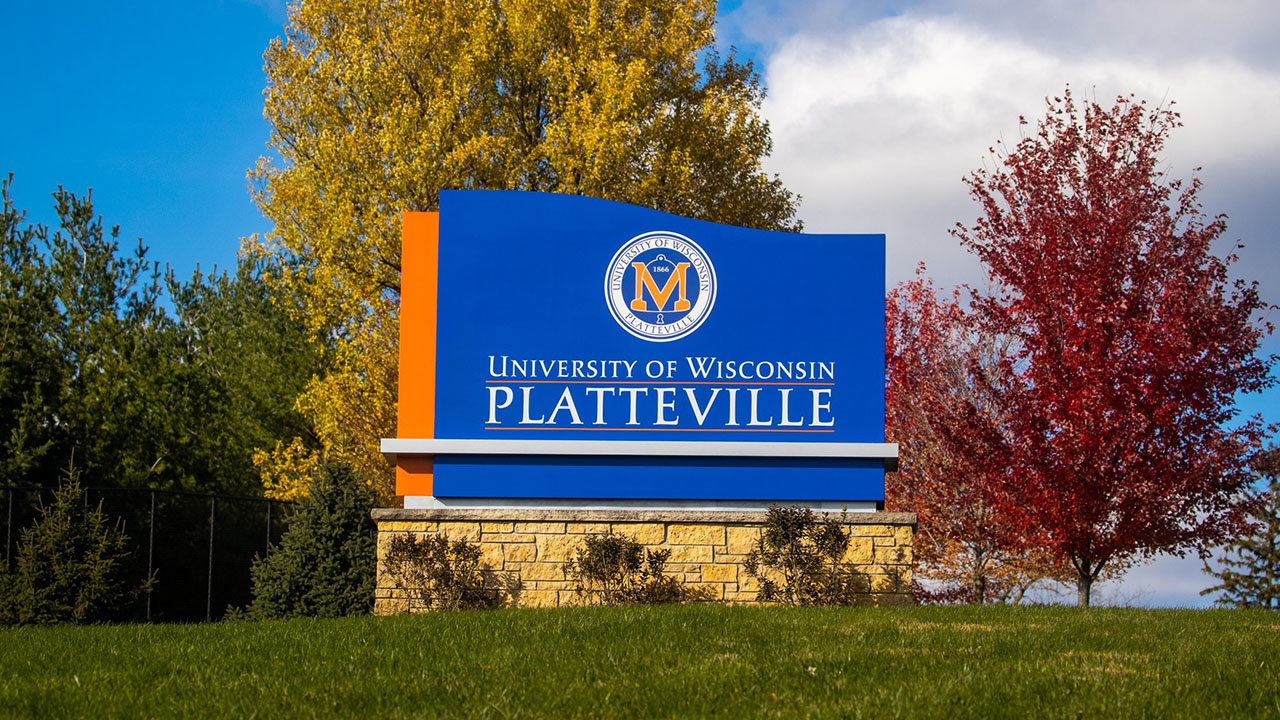
More than 70 criminal justice students currently enrolled in Corrections and Criminology courses at the University of Wisconsin-Platteville recently had the opportunity to enhance their coursework when they engaged in Zoom sessions with a panel of inmates from the Prairie du Chien Correctional Institution.
UW-Platteville’s Department of Criminal Justice has collaborated with the Prairie du Chien Correctional Institution for more than half a decade. In past years, students have had the opportunity to facilitate restorative justice courses and victim impact programming. While the COVID-19 pandemic restricted that in-person interaction this year, Dr. Camie Morris, a lecturer of criminal justice at UW-Platteville, and coordinator of the sessions, said that this unique experience is still essential for the students’ learning.
“This really brings our textbook material to life and puts a human face on the people whom we study,” said Morris. “It makes material more meaningful and easier to understand than it would be otherwise if students didn’t have a chance to have this conversation.”
The inmates are a part of the correctional institution’s Choices Panel, a group available for outreach to at-risk youth in addition to secondary education groups. Morris guided the discussions for each group of students according to their area of study. Her Corrections class focused the conversation on the prison system, including the types of programs available, interactions with corrections officers, and being in prison in the COVID-19 era.
“We read about prison in class, but now we had the chance for someone to tell us what it’s actually like from a human perspective,” said Morris.
The curriculum of Morris’s Criminology class focuses on criminal behavior and theories on why people commit crimes. Their questions and discussion focused on the inmates’ pasts, including influencing factors like addiction or trauma.
Adam Weber, a junior in the Criminology class, said the experience greatly benefited his understanding of the concepts and theories he learned in class.
“Criminology can be very confusing because most of the information given is based on theories that can be and are debated among many social science experts,” said Weber, who is a criminal justice major originally from Markesan, Wisconsin. “Asking questions revolving around their childhood and the events leading up to the crime really allowed me to understand the importance of the environment someone lives in. Many of the inmates that were part of the panel had a childhood filled with crime, absent parents, and one cited a grandmother that from my understanding neglected him. This routinely brought up element can easily be related and helped my understanding of the social disorganization theory of crime.”
Weber, who plans to enter law school after graduation, found additional insight through discussions about the inmates’ experiences in the judicial system, including discussions about the role of public defenders and defensive strategies.
“I think there was a satisfaction [among the students] of being able to have the opportunity to talk to people who are in the system,” said Morris. “This was a unique opportunity and the students recognized that.”
About UW-Platteville’s Criminal Justice Program
UW-Platteville was the first institution of higher education in Wisconsin to grant a bachelor’s degree in criminal justice. Since its creation in 1966, the Department of Criminal Justice has been recognized by criminal justice agencies across the nation for excellence of its academic program and professional accomplishments of its graduates. For more information, visit www.uwplatt.edu/program/criminal-justice.